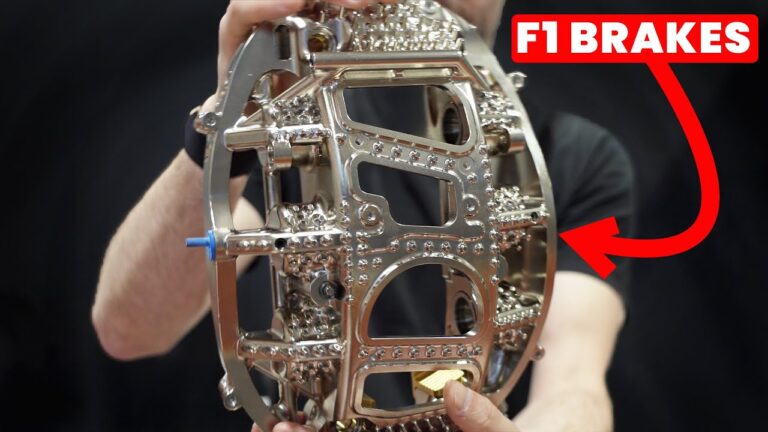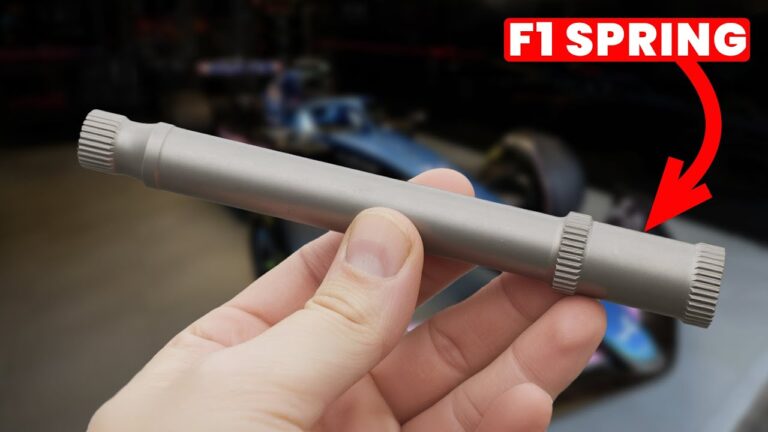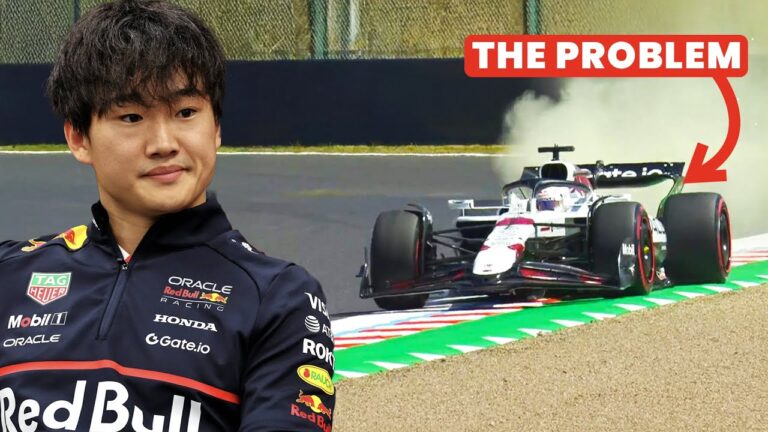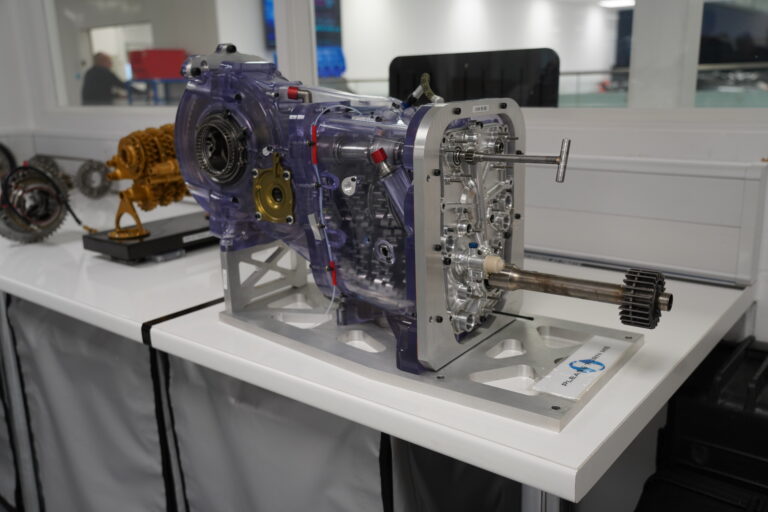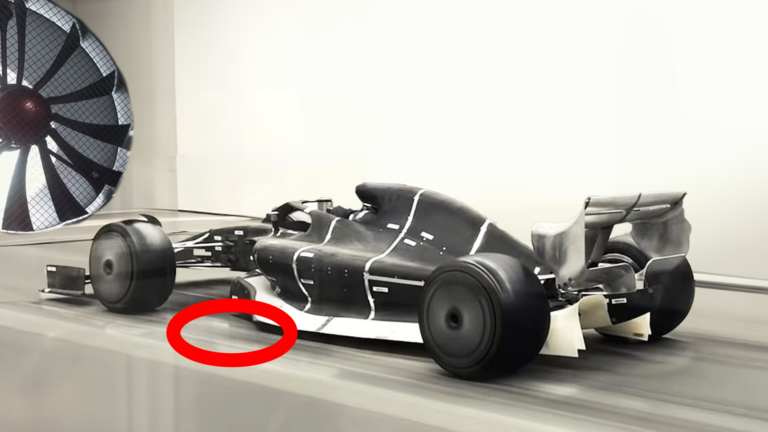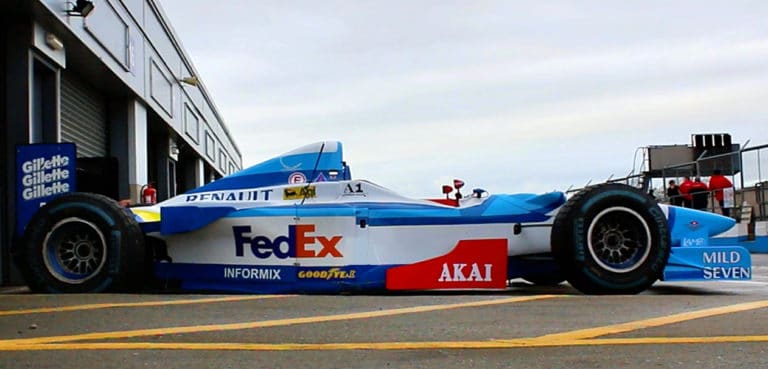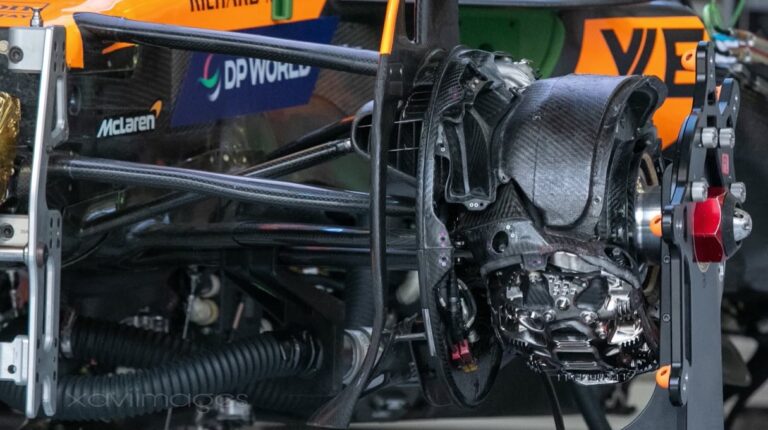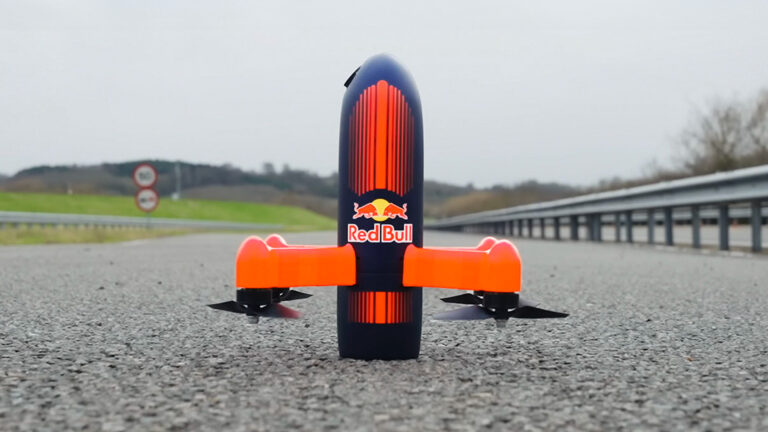Modern F1 cars have tackled the legendary Nürburgring Nordschleife just a handful of times – BMW’s Heidfeld in 2007, Schumacher’s Mercedes demonstration in 2013, and Red Bull’s recent runs with Vettel and Coulthard. But none pushed their cars to the absolute limit on the world’s most dangerous circuit.
The Nordschleife’s 12.9-mile layout presents unique challenges that modern F1 cars simply weren’t designed for. With massive elevation changes, narrow sections, and bumpy surfaces, it’s a world away from the perfectly smooth, wide circuits that current F1 machinery dominates.
BMW’s 2007 demonstration with Nick Heidfeld gave us the first real glimpse of modern F1 pace on the Nordschleife. The Sauber F1.06 ran with hard compound tyres, maximum ride height, and gear ratios that limited top speed to just 170mph – well short of its 200mph capability. Even driving carefully at what appeared to be 85% pace, the extrapolated lap time came to 5 minutes 58 seconds.
More revealing were BMW’s pre-event simulations using the car’s full specification. Their engineers calculated a potential 5 minutes 15 seconds – significantly faster than Stefan Bellof’s legendary 6:11 record and even quicker than the current Porsche 919 Evo record.
The Porsche 919 Evo’s 5:19.55 record from 2018 provides our best comparison point. This “no-rules” prototype was specifically developed to smash lap records after Porsche’s WEC programme ended. When comparing F1 and 919 Evo times at similar circuits like Silverstone, the performance gap is remarkably small – suggesting a 2024 F1 car could theoretically match the 919’s Nordschleife time.
However, current ground-effect F1 cars face unique disadvantages on the Nordschleife. The precise ride height control essential for maximum downforce becomes impossible to maintain on such a bumpy, undulating circuit. The cars’ very stiff suspension, optimised for consistent ground-effect performance, would actually hurt mechanical grip on the Nordschleife’s challenging surface.
Taking these factors into account – the compromised ground-effect aerodynamics, suspension setup challenges, and the circuit’s narrow width limiting the advantage of modern F1’s superior power – a realistic estimate puts a 2024 F1 car at around 5 minutes 23 seconds around the Nordschleife. Still devastatingly quick, but slightly behind the purpose-built 919 Evo.



